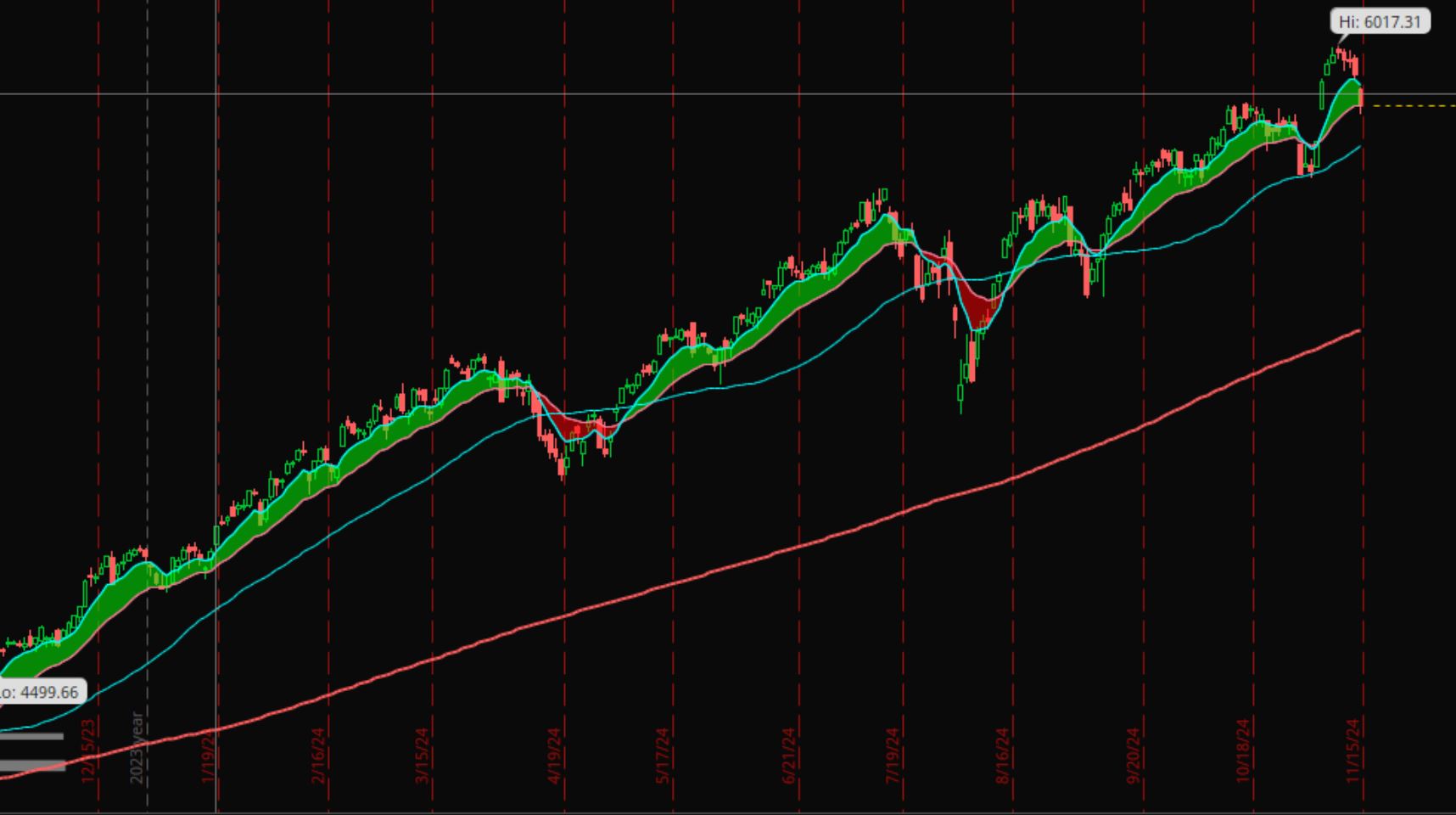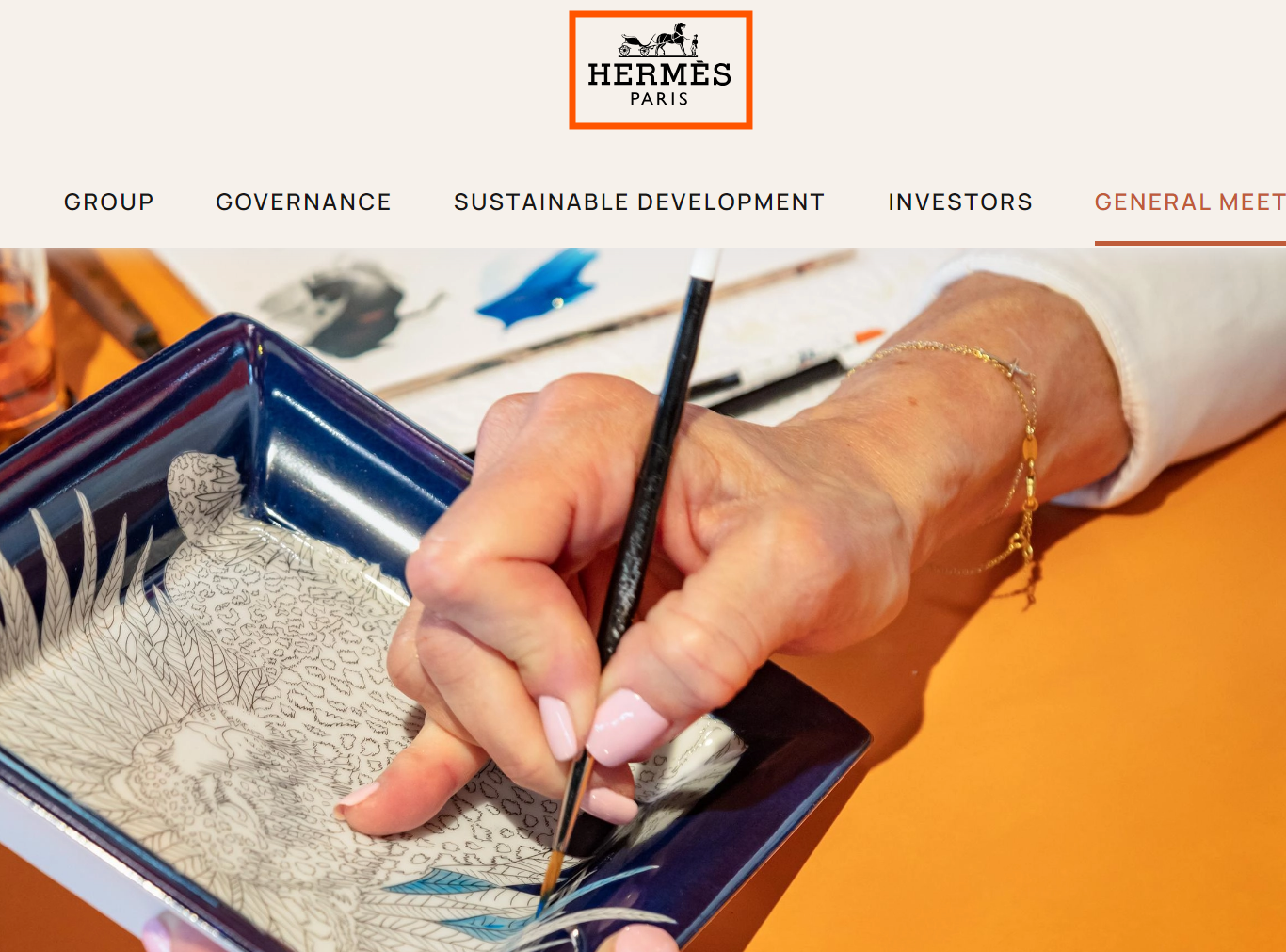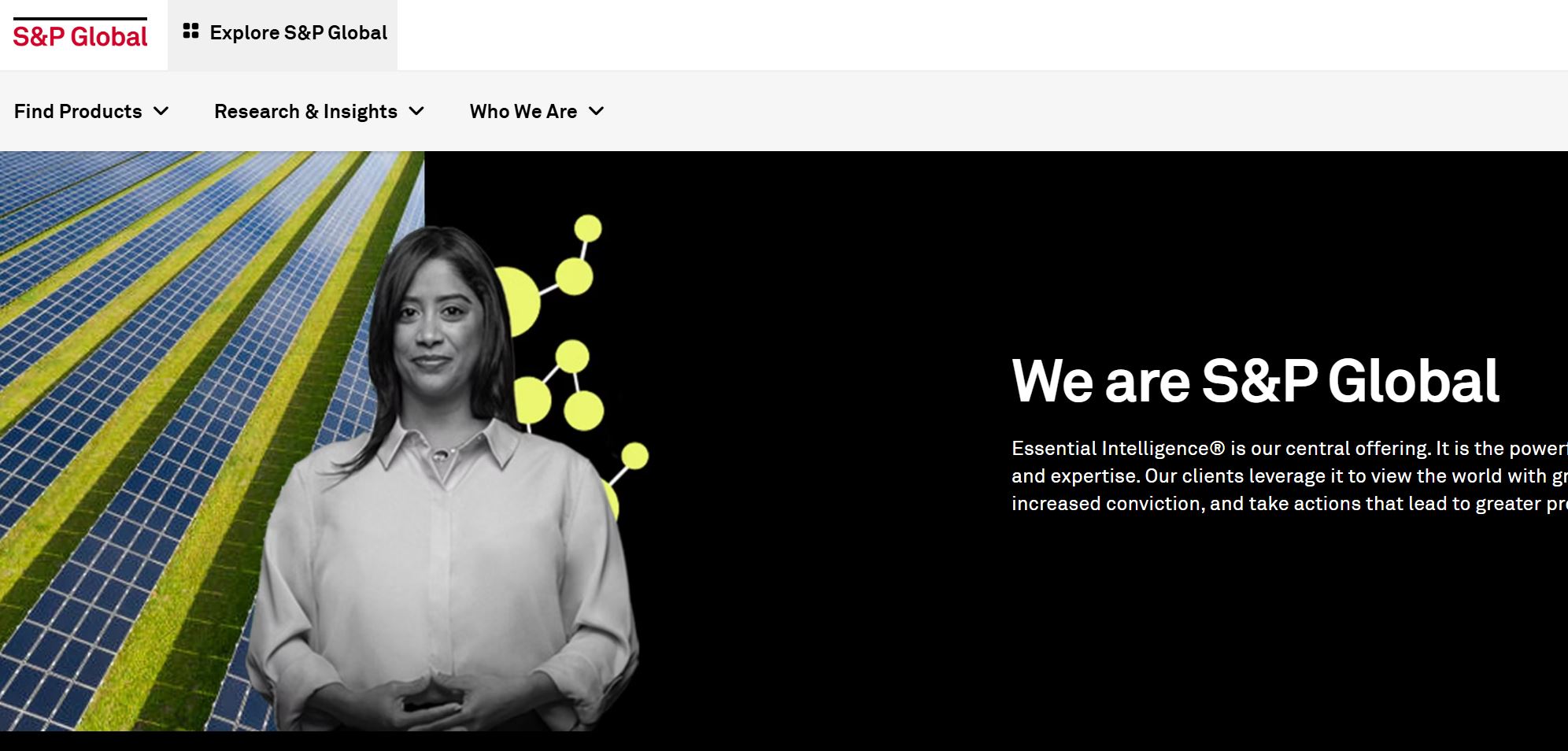Your biggest enemy in investing is likely yourself—your emotions, biases, and the urge to ‘do something’ when often the best action is no action. Fear and greed are powerful forces, and they can easily lead us to make irrational decisions that harm our long-term returns.
I learned this lesson firsthand during the Covid pandemic. My portfolio lost half its value in just a few weeks. It was painful to watch years of growth seemingly disappear overnight. Panic set in—thoughts of selling everything and cutting my losses crossed my mind more than once. At the same time, big-name companies like Meta, Amazon, Google, and Microsoft were selling at a huge discount. It was a moment of extreme uncertainty, but I reminded myself why I invested in the first place. I had chosen quality businesses with strong fundamentals, and I believed in their long-term potential.
So instead of reacting emotionally, I stuck to my principles. I revisited my analysis, reaffirmed my conviction in the companies I owned, and resisted the temptation to act on fear. It wasn’t easy, but that discipline paid off. When the market recovered, my portfolio not only regained its lost value but grew significantly beyond its previous highs. Now, just look at where those companies are today—many have doubled or even tripled in value since then.
This experience reinforced a timeless truth: patience and discipline are the true superpowers in investing. As Warren Buffett wisely says:
“The stock market is a device for transferring money from the impatient to the patient.”
So, ask yourself—are you letting emotions drive your decisions, or are you investing with a long-term mindset?
🤔 How do you feel about your investment portfolio? Do you trust your strategy, or do market swings make you second-guess your decisions?












Leave a Reply to CHANMAKARA LEE Cancel reply